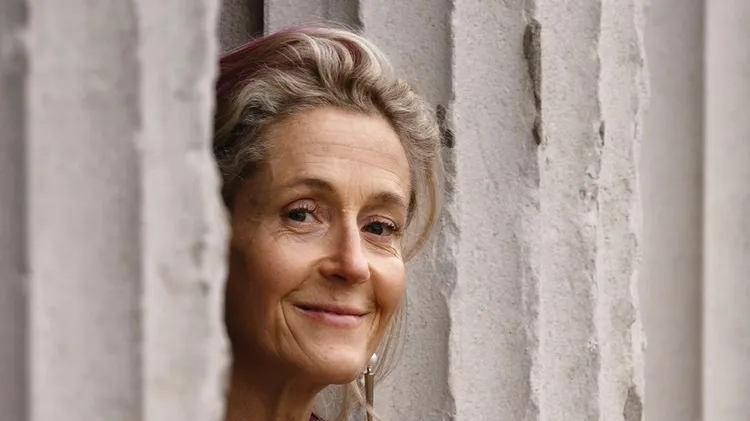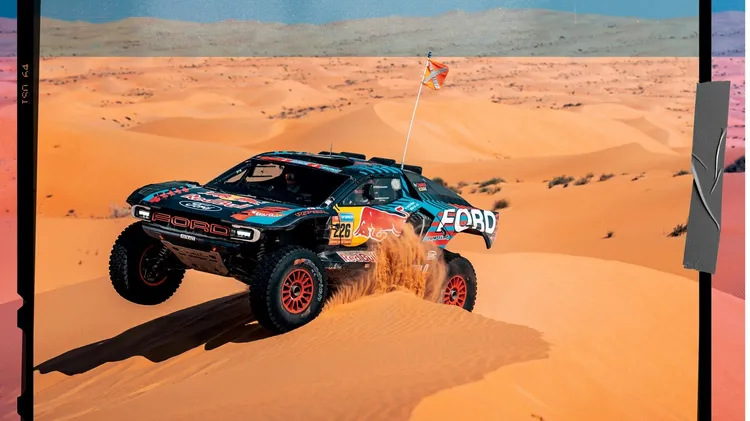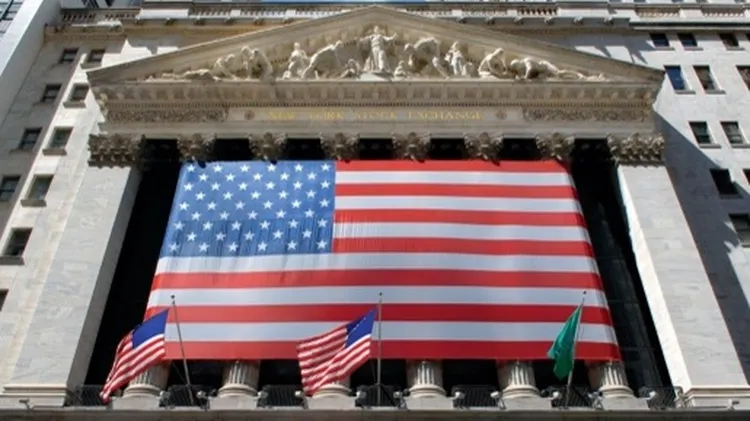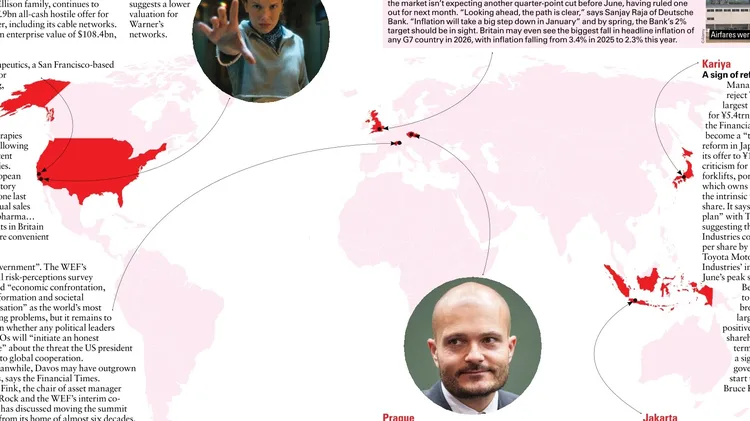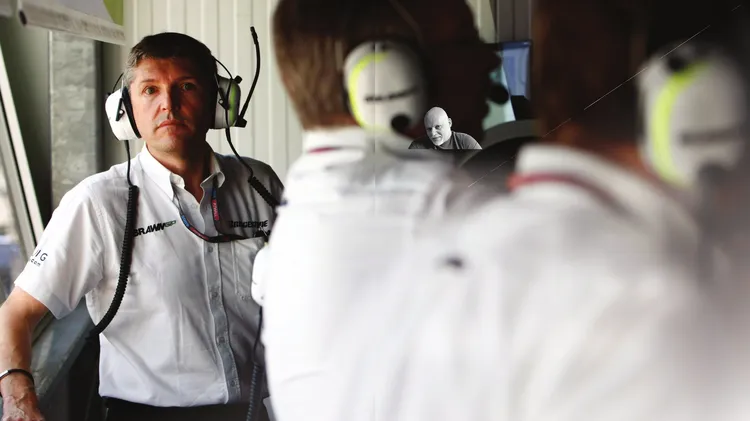Michael Rubin discovered a talent for wheeling and dealin
Feared dealmaker plots his next move
2 min read
This article is from...
Read this article and 8000+ more magazines and newspapers on Readly


